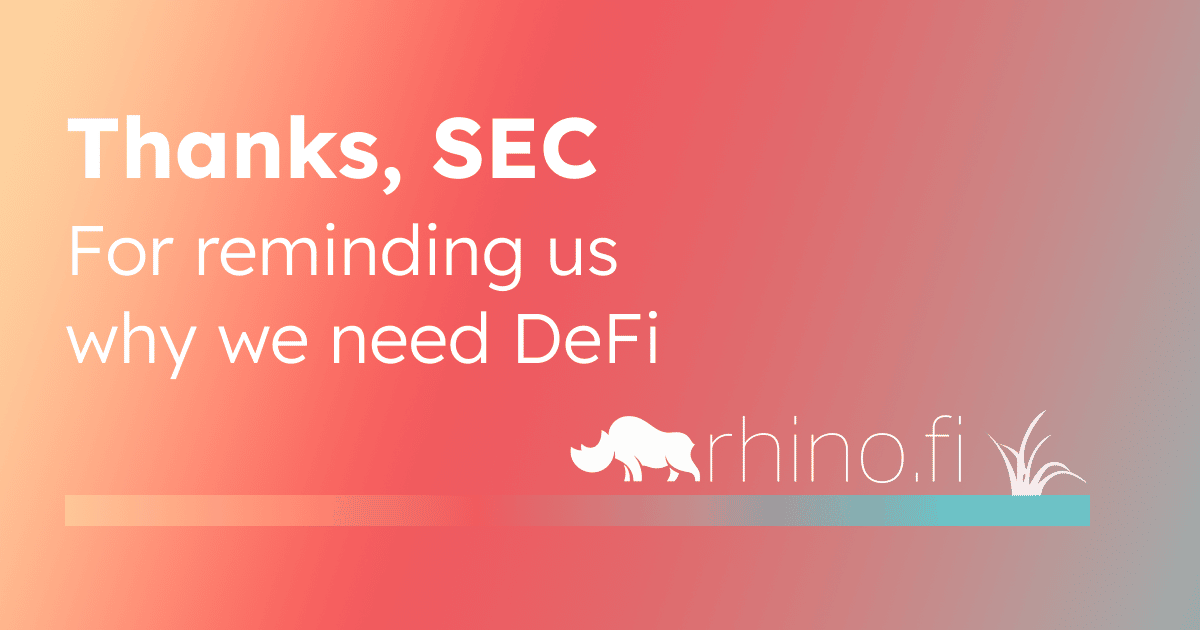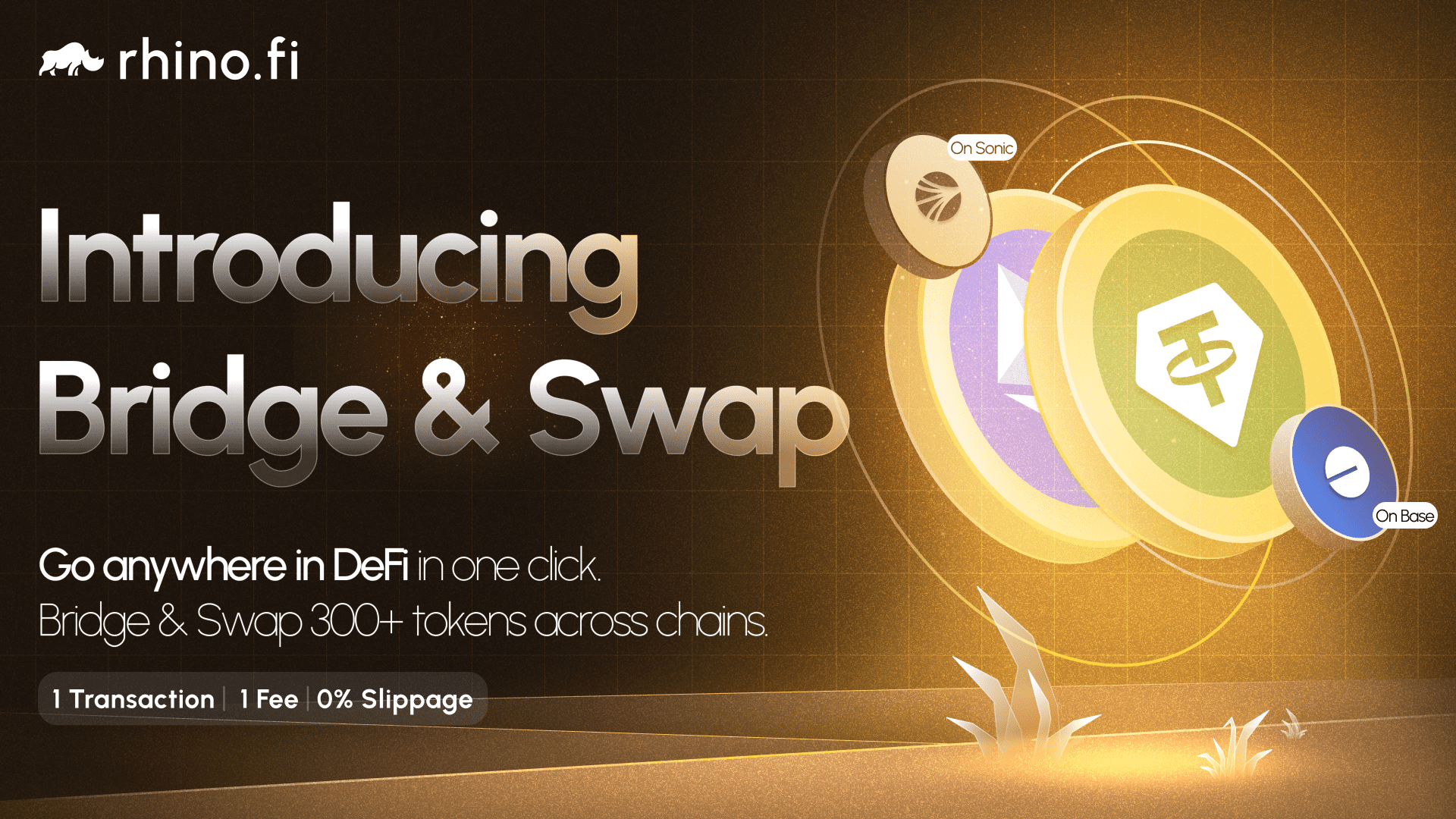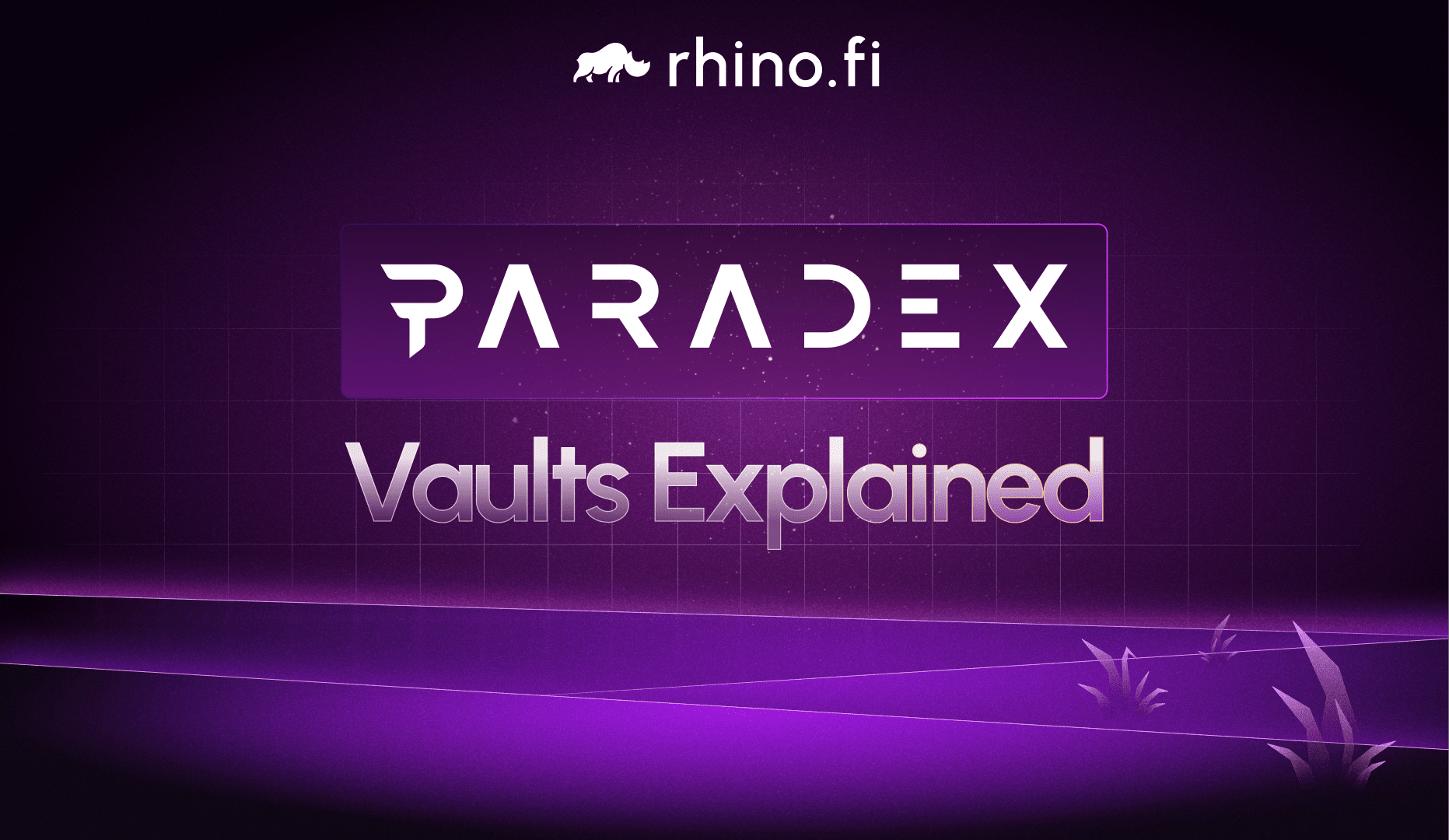The Securities and Exchange Commission has finally stuck its talons into crypto.
After all the feisty rhetoric from chief hawk Gary Gensler and the heightened scrutiny since FTX, America’s financial guardian has cracked down on staking and stablecoins.
On February 9, the SEC announced charges against Kraken for failing to register its staking-as-a-service programme. Separately, it has warned Paxos of potential charges for failing to register the Binance USD (BUSD) stablecoin.
Since the twin offensive was announced, Kraken has ended its staking-as-a-service programme and agreed to pay $30 million, with no admission of wrongdoing, in a move cited by cynics as a particularly dire warning for Ethereum (which runs on proof-of-stake validation, where community participants lock up their tokens for the right to update the blockchain). Paxos, meanwhile, has stopped minting BUSD and burned, or destroyed, hundreds of millions of dollars’ worth of tokens.
Now we could get all ‘gen-z’ about this and start vlogging about how much we hate Gensler and the SEC.
We could point out that stablecoins are helping real people around the world to escape hyperinflation in their home countries, and smoothing the inherent volatility in our space by introducing assets that are pegged to real-world currencies. By marrying the stability of old-world finance with the freedom and democracy of the new world, so our users get a best-of-both scenario.
We could also point out that staking provides a guarantee of good governance which is far more environmentally friendly than previous-generation validation mechanisms. That the people who want to update blockchain networks are obliged to put skin in the game by offering their own crypto as collateral, over 50,000 dollars’ worth in the case of Ethereum (if Wall Street required traders to commit their own money before they started out, a lot of the ass-clownery of the last few decades might not have happened).
All of this would be true. But we’re not going to make these points because picking a fight with the SEC isn’t going to be very productive.
In fact, we support their scrutiny of centralised finance.
Kraken is a centralised trading exchange, or CEX, as is Binance. In other words, they assume custody of your funds when you sign up, just like a bank (Paxos is an infrastructure platform rather than an exchange, but it does promise ‘bank-level oversight’ over your assets).
Now some will argue that CEXs are a good thing. That they watch over your funds, provide deep liquidity to manage price slippage, and they can offer round-the-clock customer support.
But they can also do bad stuff with your funds if they’re so inclined, as FTX demonstrated in grotesque technicolour. The mastermind, Sam Bankman-Fried (SBF), took people’s funds and used them to prop up other parts of his empire. A huge black hole emerged and billions of dollars’ worth of assets, possibly your assets, got sucked into it.
This sort of thing can’t happen in DeFi.
We’ve replaced the vulnerable, corruptible human intermediaries with smart contracts that keep your funds locked unless you instruct them to make a transaction. Everything is totally fair, transparent and self-custodial. There’s no SBF behind the scenes, because there can’t be. Rule of greed has been replaced with rule of code.
Gensler’s colleague at the SEC, Hester Peirce, recently alluded to these benefits during a speech in Washington.
Drawing on the history of internet dating, which began in the 1960s with primitive computers spewing out ‘matches’ in the form of punch cards, Peirce noted that the advent of decentralised technology had allowed the concept to flourish on a massive scale, and removed the need for humans to play cupid with often shambolic results.
To spare you the trouble of reading the speech in full, here’s a selection of the other soundbites:
“At its core, crypto is about solving a trust problem: how can you interact and transact safely with people you do not know. Traditionally, people have looked to centralised intermediaries or government to solve this problem, but technology like cryptography, blockchain, and zero-knowledge proofs offer new solutions.”
“Unthinking trust in centralised intermediaries is antithetical to crypto.”
“Distributed systems are generally more resilient than centralised systems, in part because they have multiple nodes so failure of one does not cause the failure of all.”
And, perhaps most encouragingly of all:
“What we should not learn from the events of 2022 is that the failures of centralised entities are failures of decentralised protocols. Many of the 2022 failures involved crypto market participants doing the same foolish and fraudulent things that participants in other markets have been doing for centuries.”
We couldn’t agree more, Hester.
Now Gensler technically outranks Pierce, and is far more belligerent on crypto as a whole. But it’s telling that he hasn’t included DeFi in his initial fusilade. He’s gone after two big CEXs, and an infrastructure project that serves them.
And while he’s certainly blown a big chunk in the staking and stablecoins market, Gensler hasn’t torpedoed it completely. Far from it, in fact: in the case of staking, we’ve actually seen a surge in DeFi activity since Kraken’s public slap-down. Ethereum is going to continue running on proof of stake, and DeFi is ideally placed to meet the demand.
There’s no guarantee that Gensler or his colleagues won’t turn their attentions to DeFi in the future. And, if they do, we’ll be ready for a fair and frank discussion about how we can make DeFi better. We don’t necessarily agree that the revolution needs rules (a slogan coined by another troubled CEX, Gemini) because those rules will inevitably be tainted with human bias. But we do think it needs dialogue, and cooperation.
Above all, we believe the revolution needs transparency. We can’t build a fairer, more democratic financial system unless we’re all on the same page about what we’re building, who it’s for and why it’s better. This has been our position from the start, and we’re more committed now than we were on day one.
So thank you, SEC, for another reminder of what transparent DeFi stands for and why it is not the same as opaque centralised exchanges. Just like those old black-and-white dating machines from the ‘60s, we’ll continue to make our technology better, smarter, and clearer.
And you won’t need to regulate our technology, because the entire community is already doing that for you.





